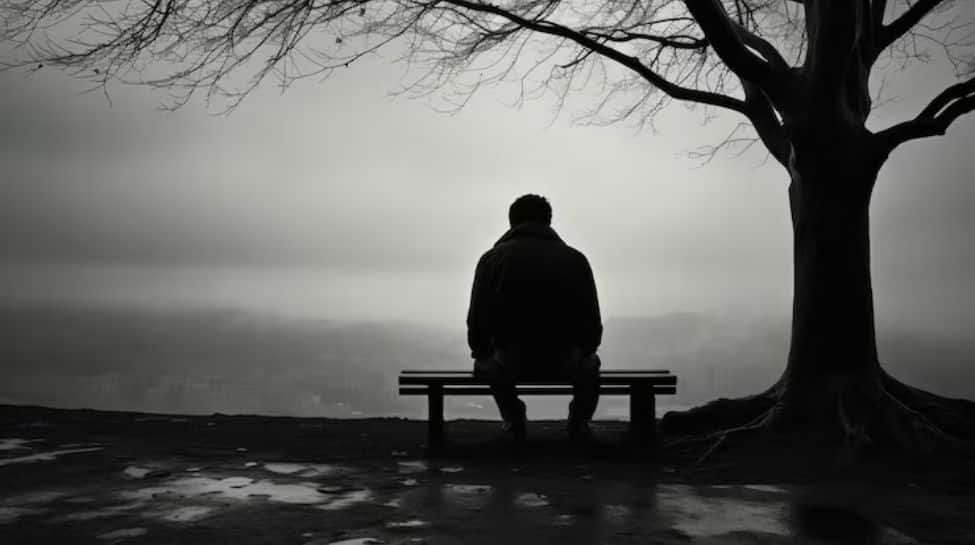Helplessness is quite a common phenomenon that impacts people at some point of their lives, but the good thing is that it can be understood and managed well.
Repeated setbacks can be a second cause as it can create “learned helplessness,” where we believe our actions don’t matter how much we try and it leaves us with a feeling of hopelessness. A way to rebuild hope and persistence is to try reframing these setbacks as learning opportunities and tracking progress consistently.
Kalyani Vaish, Head of Counselling Therapy and Healthcare Operations at Rocket Health shares, “When we feel that we hold no power to change our circumstances, it often results in feeling hopeless leading to demotivation. Perceived lack of control is one reason to experience helplessness. The key to handling this is to focus on what is actually in our control and act on it step by step. Even minor wins build confidence!”
Thirdly, intense overwhelming stress often sends us into survival mode and we might feel helpless, as our brain deprioritizes problem solving. Using common stress-management techniques like journaling, deep breathing, exercising, etc creates the mental state to return to facing the challenges one step at a time.
Fourthly, negative self-beliefs power helplessness. Thoughts such as “I can’t do anything right; I am a failure” form a vicious cycle of inaction. Challenging these beliefs with evidence from past successes and practicing self-compassion can gradually shift this mindset.
Lastly, isolation of self intensifies feelings of helplessness. Without the support of our loved ones, our struggles seem heavier. We must remember that we need not carry the burden alone! It is always helpful to reach out to friends, mentors, or professionals — this can open up perspectives and reduce the burden.
Dr. Hamza Hussain, Psychologist at Inamdar Hospital shares “Helplessness is quite hard these days to deal with. We often experience this emotion at different points in life. Reasons are many including overwhelming stress, repeated failures, lack of support, mental health struggles, feeling of hopelessness not knowing where our life is heading to. We tend to lose direction in life in such cases and it’s quite natural to feel lost.”
Feeling helpless can be overwhelming, but it’s essential to remember that it’s a temporary state. We can get through it. By acknowledging your emotions, seeking support, and taking small steps towards empowerment, you can break free from the grip of helplessness and regain control over your life. As a doctor, I’ve seen patients overcome seemingly insurmountable challenges by tapping into their inner strength and resilience. You too can do the same.
The key is to take one step at a time. Even the smallest action like talking to a loved one, setting a small daily goal, or practicing self-care can begin to shift your perspective. Surround yourself with positivity and do not hesitate to reach out for professional help if needed. Helplessness thrives in silence, but it loses power when you speak up and act. Remember, you have the ability to rebuild your strength, regain direction, and rise above challenges. Trust your journey, be patient with yourself, and know that hope and healing are always within reach.

